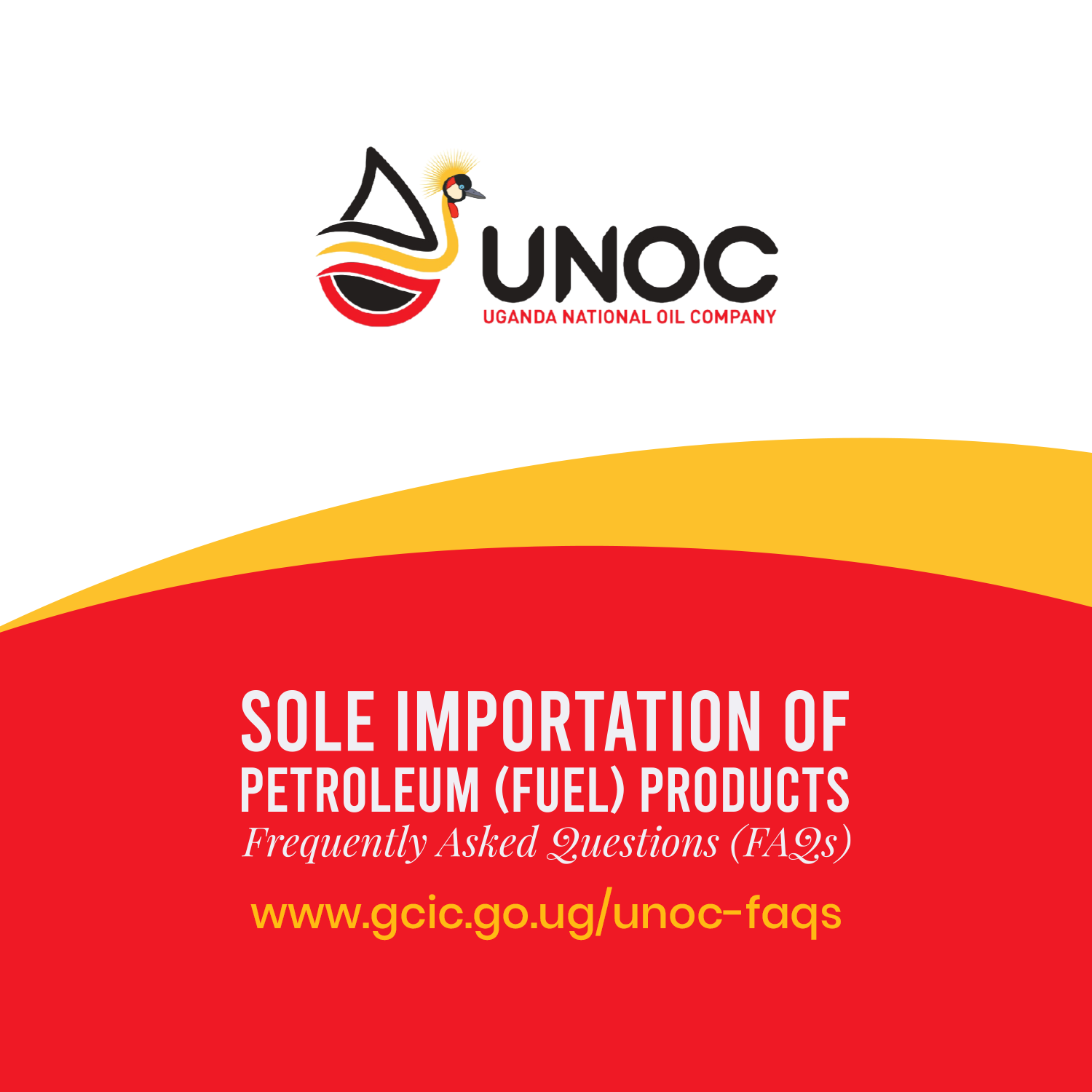Last week, the Microfinance Support Centre (MSC) held Emyooga Stakeholders’ Engagement and Exchange Visits in the districts across West Nile sub-region with the aim of promoting peer to peer learning among the Emyooga SACCOs within the region and other regions.
This was one of a kind where MSC organised a few representatives of best emyooga performing SACCOs from Kampala Metropolitan, Masaka, Mbale, Mbarara, Serere, Kapchorwa, Kabarole, Kyenjonjo, Kabale, Rukungiri, Kitagwenda to come and interact with the larger groups of the SACCOs in West Nile sub-region other than the previous way of getting the few representatives from worst performing SACCOs visit the larger groups of best performing SACCOs across the country.
The Arua City Commercial Officer, Jobel Ayiko, underscored the critical role of continuous education, training, and information sharing within cooperatives, referencing Principle Five of cooperative development. He noted that representatives from various regions across Uganda joined the meeting to share their experiences, highlighting the value of learning from the successes of others.
During a session led by Susan Rose from the Serere County Tailors’ Emyooga SACCO, participants were taken through the core principles and structures that define good governance in SACCOs. Emphasising inclusivity, she highlighted that all members must have a voice in decision-making, not just leaders, to ensure transparency, accountability, and ethical conduct.
Rose also stressed the importance of legal compliance, where every member and leader is expected to uphold the SACCO’s rules and Emyooga regulations. She outlined the key governance structures, including the General Assembly as the highest decision-making body, the Board of Directors for policy and oversight, the Supervisory Committee for audits, the Credit Committee for managing loans, and the Vetting Committee which serves as the SACCO’s electoral body. These structures, she noted, are essential for promoting accountability, integrity, and the effective functioning of SACCOs.
In a session on mindset change and financial literacy, Pidson Wasswa from the Mbarara City South Taxi Operators Emyooga SACCO highlighted the critical role of mindset in determining the success of government programmes like Emyooga.
Wasswa explained the distinction between a growth mindset where individuals view funds as opportunities for investment, improvement, and repayment and a fixed mindset, where recipients perceive the money as a handout for immediate consumption. Drawing from practical examples in Uganda, he noted that communities with a growth mindset have made impactful use of government funds, while those with a fixed mindset often misused the resources, leading to programme setbacks. He outlined key traits of individuals with a growth mindset, including regular attendance at SACCO meetings, commitment to saving, service to the group, and transparency in financial dealings.
Adding to the discussion, Vianney Nuwagaba from the Mwenge South Produce Dealers Emyooga SACCO emphasised the influence of community attitudes on programme outcomes. He urged participants to embrace a shift in mindset to better utilise financial opportunities and promote sustainable community development. He stressed that addressing these mindset issues is essential not only for the survival of SACCOs but also for the broader goal of empowering communities through financial literacy and responsible fund management.
During his presentation, Bongonzya Stephen from Shuuku SACCO provided a clear explanation of the concept and purpose of Emyooga SACCOs, emphasising that these are member-owned and member-managed savings and credit cooperatives, not government-run entities. He stressed that the primary goal of Emyooga SACCOs is to meet both the financial and social needs of the communities they serve by fostering a culture of saving, borrowing responsibly, and reinvesting in productive ventures.
Bongonzya encouraged participants to fully understand the function of their SACCOs in order to utilise them effectively and ensure they become powerful tools for community empowerment and sustainable development.
The Zonal Manager for Arua, Waiswa Ronald revealed that the region boasts a total of 468 Emyooga SACCOs, with 466 already funded and operational. The remaining SACCOs were formed later but are currently undergoing training in collaboration with district taskforces to ensure readiness for initial seed capital.
Waiswa placed the region’s general performance between 65–70%, attributing most of the challenges to mindset issues, which he noted are common across several districts. To address this, the Microfinance Support Centre (MSC) continues to offer stakeholder engagements and technical support visits to build capacity and strengthen SACCO governance and operations.
He highlighted the positive impact of peer learning through exchange visits, particularly referencing the visit to Hoima organised by MSC. This initiative allowed West Nile beneficiaries to learn value addition practices, such as those adopted by the Adjumani Women Entrepreneurs Emyooga SACCO, which transitioned from crafts to producing laundry soap. Such practical learning experiences have significantly improved SACCO operations, resulting in timely audits and annual general meetings.
He further emphasised West Nile’s strategic location near Congo and South Sudan, noting its potential for trade through SACCOs engaged in agricultural produce. MSC is committed to addressing the remaining bottlenecks to ensure that Emyooga SACCOs in the region contribute meaningfully to wealth creation and socio-economic transformation.
During a stakeholder engagement meeting in Arua City, the visiting Resident District Commissioner (RDC), Abim district, Joseph Okol emphasised the role of MSC in addressing community-level financial challenges. He noted that President Museveni had directed MSC to offer a financial top-up to bolster local economic activities through initiatives like the Emyooga programme. This intervention was in response to the difficulties communities face in accessing affordable credit from commercial banks, which often impose high interest rates.
The RDC stressed that one of the cornerstones of success for SACCOs and other beneficiary groups under this initiative is strong governance and adherence to agreed group by-laws. Transparency, accountability, and proper implementation of by-laws within these groups are essential for sustainable impact.
According to him, it is not just about receiving money, but about managing it responsibly and in line with the group’s objectives. He reminded participants that the funds belong to the community and must be treated with respect and responsibility to create lasting transformation.
RDC Okol also called for the empowerment of local leaders and SACCOs to strengthen their management capacities. By doing so, the government hopes to ensure that financial support continues to uplift livelihoods and foster inclusive development across the region.
During his remarks, the Head of the Emyooga Secretariat, Joseph Tukamushaba, emphasised the programme’s national character, noting that mobilisation, SACCO formation, and seed capital distribution were conducted uniformly across the country. He acknowledged that while the challenges in West Nile are unique, they are not isolated, similar difficulties have been encountered in other regions.
Tukamushaba reiterated the importance of capacity building, stressing that financial support without the necessary knowledge leads to inefficiency and potential loss. He compared the disbursement of capital to a school term, emphasising the need for performance assessment before allocating additional funds. This approach is intended not to deny support but to ensure accountability and identify areas for improvement before more resources are injected.
Tukamushaba passionately called for a shift in national consciousness toward self-reliance and pride in local production. He criticised dependency on grants and advocated for a mindset where Ugandans generate and manage their own capital to build a resilient economy.
Referring to national development initiatives like Emyooga, PDM, and UWEP, he urged Ugandans to treat these programmes not as handouts, but as strategic investments in their economic empowerment.
He concluded by reaffirming the commitment of the Microfinance Support Centre to serve Ugandans through two core pillars of affordable credit at an 8% interest rate per annum and consistent capacity building in areas such as governance, financial management, etc.
Tukamushaba made it clear that the real focus of the Emyooga initiative is the beneficiary. Success, he explained, will be realised when products from Emyooga beneficiaries begin to appear on supermarket shelves signifying that the initiative has not only reached communities but transformed them into producers, contributors, and drivers of Uganda’s socio-economic development.





